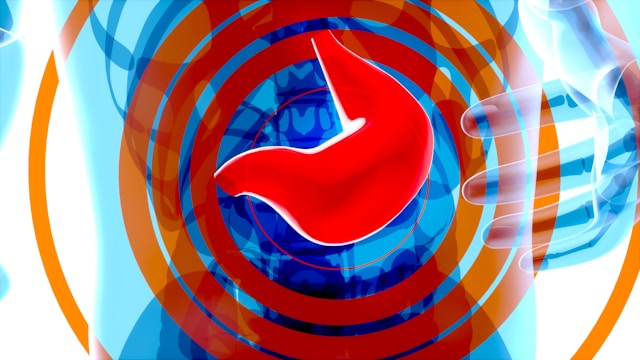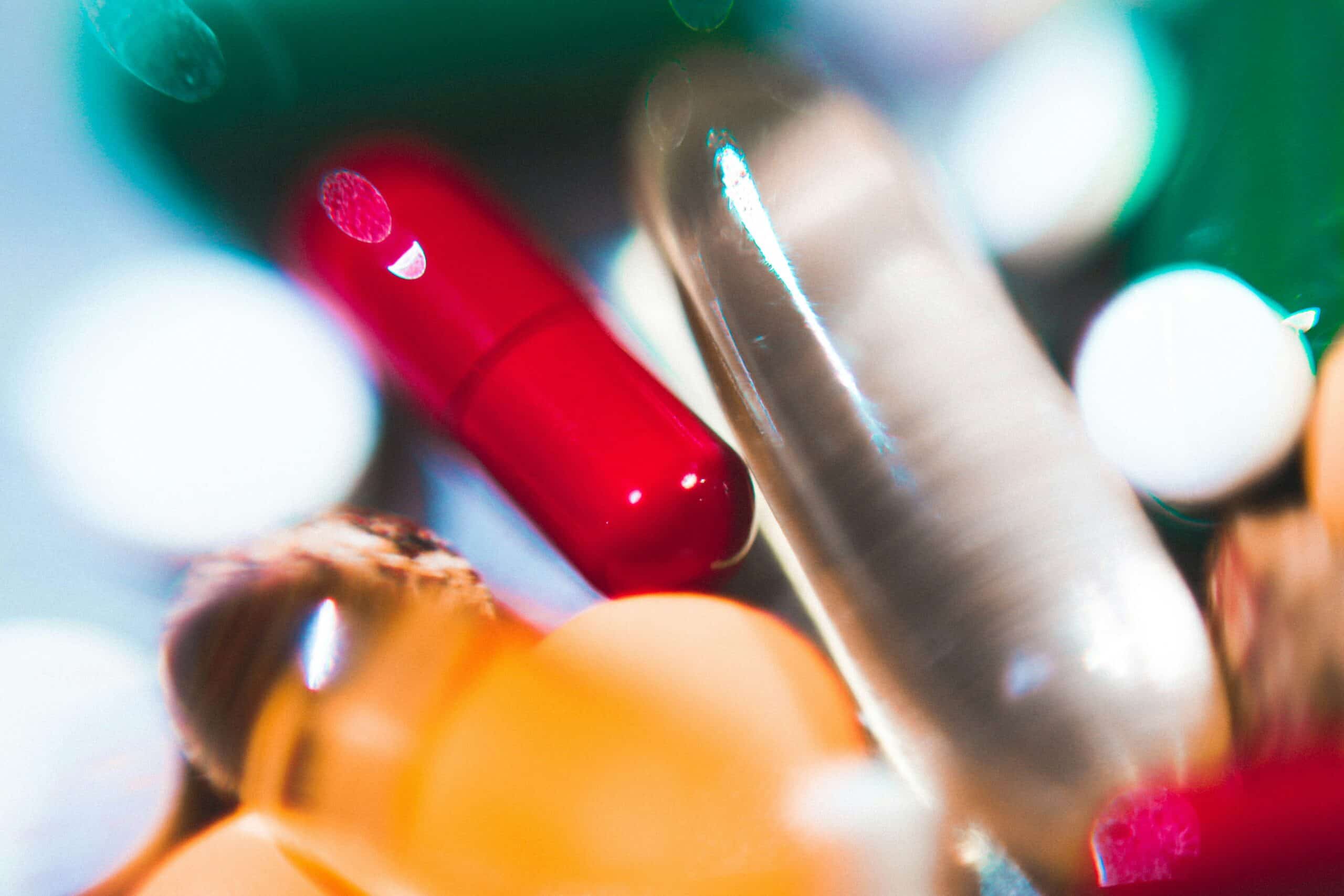As teens begin to grow older, proving their maturity is like a rite of passage. Despite laws and rules set by parents, they face an enormous amount of peer pressure, especially about drinking alcohol. Without warning, sipping a drink can quickly snowball into alcohol abuse and in the college years, alcohol addiction can develop. As parents and educators, we have a responsibility to keep a watchful eye on teens and college students to ensure their safety. By paying attention to the warning signs of alcohol abuse, we can be better prepared to step in and stop it before the results become more dangerous.
What Are the Causes of Alcohol Abuse?
Unlike alcoholism, alcohol abuse is not an addiction. It refers to excessive use of alcohol, to the point of illness or risky consequences. Many teen and college students drink heavily because others around them or doing so, or because they want to fit in. In some cases, their friends urge them to do it. For others, they may have discovered the initial pleasurable feeling that alcohol induces, so they binge. A good deal of alcohol abuse cases also come from wanting to pay no heed. For example, it might occur at a party, after exams, in cases of depression or due to extreme stress.
What Are the Warning Signs of Alcohol Abuse?
The physical signs present in teens and college students that indicate alcohol abuse include bloodshot eyes, drastic changes in weight, inconsistent sleep patterns, slurring, blackouts, inability to concentrate and frequent headaches, injuries or nausea. Socially and emotionally, the teen might begin to withdraw from family members, demonstrate extreme mood swings and lose interest in activities, sports or hobbies. They might act depressed or start lying. Their circle of friends could change and their school grades could drop. In some instances, they could also become involved in issues with the law.
How Does Alcohol Abuse Affect Physical Health?
Alcohol abuse acutely affects physical health because most young drinkers binge drink. Muscle coordination becomes greatly impacted and the teens or college student might have trouble talking properly, walking or doing simple routine things and may result in physical injuries. They might experience memory loss or pass out for some time. In more severe cases, they could go into a stupor (act very dazed) or slip into a coma. Chronic use of alcohol will negatively impact organs including the liver, brain and heart.
What Are the Mental Effects of Alcohol Abuse?
Teen and college students who turn to alcohol abuse as a solution to stress or depression may find that they experience mood disorders like anxiety and depression. Their memory can be affected and they may have trouble remembering names or things that were previously familiar to them. Alcohol abuse can make it difficult for students to concentrate and pay attention in school.
How Can Adults Help Others with Alcohol Abuse?
Adults can address alcohol abuse by monitoring and paying attention to differences in physical, mental and emotional health, as well as the student’s behavior. Have an open talk without judging them. A good way to help students address alcohol abuse is by encouraging them to form a plan with specific goals and dates. In this way, they can move step by step and see the results of their progress and if drinking alcohol interfered with their goals.
How Can Adults Help Themselves?
Adults can help out themselves by setting a good example at home. Don’t binge drink, especially when children, teens and young adults are around. By seeing parents drunk and out of control, it sometimes sends a message to the kids that this type of behavior is acceptable or adult-like. If adults are struggling with alcohol abuse or alcoholism, they should seek professional help and make a strong effort to stop.
What Support Services Are Available for Alcohol Abuse?
There are many national nonprofit organizations that offer professional help for alcohol abuse. Several of these are specifically dedicated to teens and college students. They are available over the phone or through an online chat. More importantly, they ensure anonymity, so that students can feel safe.
How Can Alcohol Abuse Be Treated?
Detoxification and abstinence is the first step to treating alcohol abuse. Teens and college students who tend to drink heavily and frequently should also see a doctor. Alcohol withdrawal symptoms can vary among individuals, and it is always best to be treated in a controlled, professional environment.
What Are the Potential Risks of Alcohol Abuse?
Apart from the previously listed mental, social and physical effects of alcohol abuse, teens and college students can struggle with several other related risks. Pregnant students who drink pose a severe risk to the fetus they are carrying. Drunk driving often ends up in severe or fatal accidents. In both cases, alcohol abuse not only affects the person who drinks, but also other innocent people.
How Can I Help At-Risk Teens Avoid Alcohol Abuse?
Setting strong standards within a family and even at school is a good way to guide teens and college students. Adults should recognize that many teens are actually at risk to develop alcohol abuse even before entering college. Talk about this possibility so that they can be aware when others tempt them. Teach them about the different ways of turning down a drink and sticking to their resolutions. It is also important to discuss the potential risks and dangers of alcohol abuse, so that teens and college students understand why it is important to avoid drinking.




